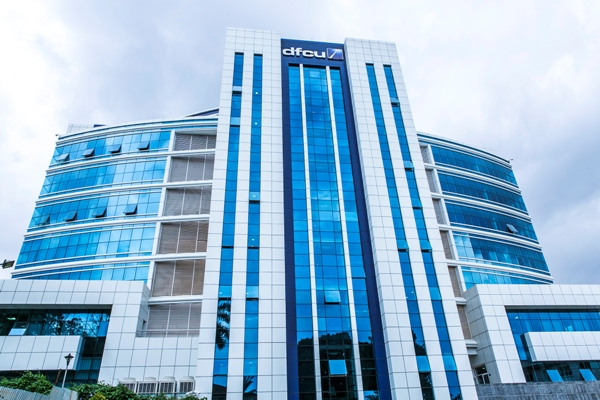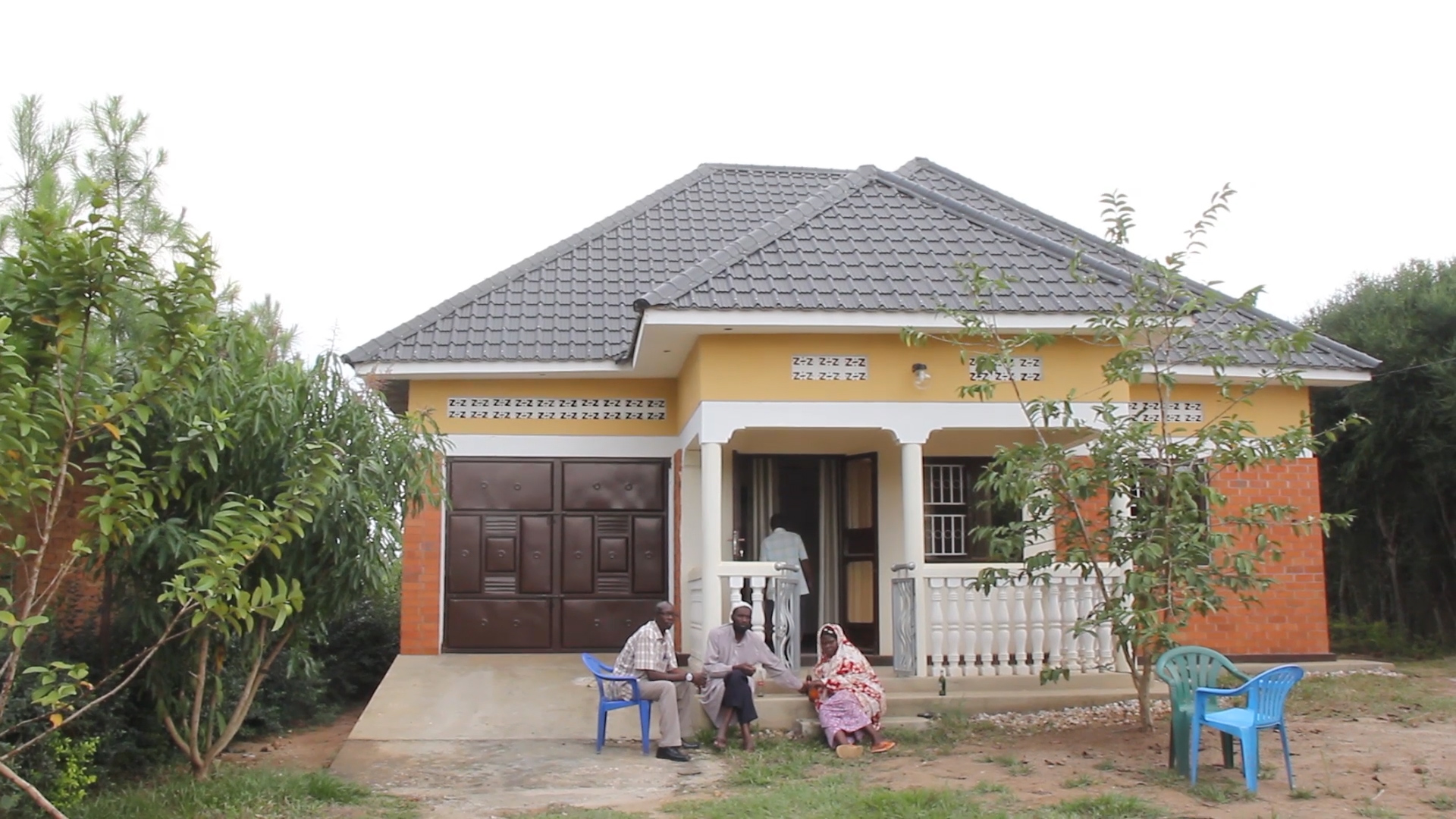Kenya’s dollar multimillionaires have doubled in 10 years. FILE PHOTO | SHUTTERSTOCK
The number of dollar multimillionaires in Kenya more than doubled in the 10 years between 2012-2022 after individuals with a net worth of KSh620 million ($5 million) and above rose to 1,890 in a decade.
A report by Oxfam, Patriotic Millionaires, the Institute for Policy Studies and Fight Inequality Alliance, which draws its data from Forbes and Wealth X, places Kenya among 20 countries with the greatest combined assets of individuals in the dollar-multimillionaire bracket.
Of the 1,890 individuals, 130 have a net worth of over KSh6.2 billion ($50 million) and a combined wealth of Sh2.3 trillion ($18.7 billion).
According to the report, the number of Kenyans worth more than KSh620 million rose by 72.4 percent since 2012, while those with a net worth higher than $6.2 billion expanded by 64.3 percent.
Kenya has the highest combined assets of individuals in the multi-millionaire threshold in the continent, with South Africa being the only other African country on the list.
Kenya is, however, yet to have individuals worth more than KSh124 billion ($1 billion).
The report, published on Wednesday, has been released on the sidelines of the World Economic Forum in Davos, Switzerland, where activists have piled pressure on governments to tax the rich.
Globally, the report reveals that taxing the ultra-rich could yield up to Sh210.8 trillion ($1.7 trillion) in revenues to help tackle inequality.
In Kenya, the report suggests a wealth tax of two percent on millionaires and three percent on those with wealth above Sh6.2 billion would raise Sh90.5 billion ($730 million) annually, a figure enough to increase education spending by 14 percent and health by 34.3 percent.
“Activists protesting this week are asking a simple and pointed question of their governments — why won’t you tax the rich? People are facing deepening crises from the cost of living to a lack of decent work, the impacts of climate emergency to underfunded public services teetering on the brink, whilst the richest get richer,” stated Jenny Ricks, Global Convener of the Fight Inequality Alliance.
Secondary data sources have mirrored the higher growth of the ultra-wealthy in Kenya, driving concerns of a potential widening inequality gap.
The 2022 Wealth Report by Knight Frank, for instance, shows the number of high-net-worth individuals (HNWI), those with a net worth above Sh124 million ($1 million), has grown from 2,605 in 2016 to 3,362 in 2021.
The number of HNWI with a net worth of more than Sh3.7 billion ($30 million) has grown from 78 to 88 in 2022 and is expected to reach 100 in 2026.
Meanwhile, a report by Net World Wealth and Henley & Partners ranked Kenya in the fifth spot in Africa, in terms of HNWI.
The wealth tax, also known as the Equity Tax, refers to the tax levied on the total market value of a taxpayer’s assets.
The wealth tax has been deemed a more equitable form of taxation, especially in unequal societies.
The National Treasury had previously proposed to introduce what could be interpreted as wealth tax, while calls to tax the rich have reverberated in recent years.
The current administration has, for instance, set its sight on taxing the rich as a way of increasing Kenya’s revenue base.
In 2018, the exchequer sought to impose a higher maximum tax rate of 35 percent on income of more than Sh9 million a month.
The proposal, however, lacked public appeal forcing the shelving of the plan.
The recent three-fold hike in the rate of capital gains tax from five to 15 percent that has been in effect since January 1 signals the warming to wealth taxes, with the levy being embedded in the transfer of properties and unquoted shares.
Bangladesh the highest growth in the number of dollar millionaires between 2012 and 2022, with individuals worth more than Sh6.2 billion rising by 153.3 percent in the period.
-Business Daily





